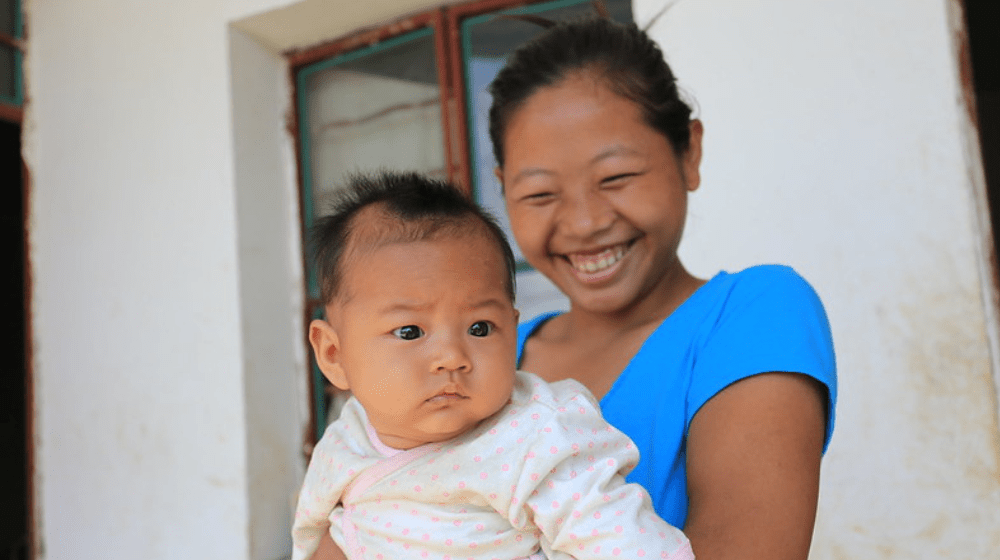Gender-biased sex selection and son preference happens due to a complex web of tradition, economics, and social norms. A son is often perceived as a safety net, a protector of family honor, while daughters are deemed as financial burdens or potential for dowries. This deeply skewed preference unleashes a devastating storm upon girls and society at large.
For the girls themselves, it's a heart-wrenching journey through a world that devalues their very existence, often condemning them to inadequate healthcare, inferior education, early marriage and limited opportunities. But the ripple effects extend far beyond their individual stories.
Globally, 142 million girls are missing due to this ‘preference for sons’ phenomena. That is, an aversion to daughters, and biased gender-based sex selection. These girls were unwanted, overlooked, subjected to mistreatment, or denied the essential care necessary for their survival.
For those who survive, living in a world where gender inequality prevails, being born a girl can mean growing up with the knowledge that you are more burden than blessing. It can entail receiving less compared to the boys in their family: less affection, less attention, diminished support for their dreams, fewer resources allocated to their well-being and education, and a reduced chance of growing up without experiencing abuse and violence.
And yet we now know that a society which systematically devalues and eliminates its female members is robbing itself of half its potential. It stifles innovation, hinders economic growth, and perpetuates gender inequality. The consequences are felt in education, in the GDP of a nation, in healthcare and in the very fabric of communities.
The normal sex ratio at birth ranges from 102 to 106 males per 100 females. However, ratios much higher than normal – sometimes as high as 130 – have been observed, especially in countries with deep-rooted gender inequality and patriarchal family values.
During prenatal sex selection, families employ various methods, including embryo implantation and sex-selective abortion, to ensure the birth of a male child or to avoid having a female child.
And so, beyond the many types of discrimination against women that still plague our societies, some methods are invisible to us. That is, the girls we will never see because they will never be born. In recent times, the economic growth in countries such as India has further fueled the practice of sex-selective abortions. There is now an emerging overlap between recent economic, demographic and technological shifts on top of the long-standing societal biases, resulting in countless missing girls.
For more than 20 years, UNFPA has called attention to issues raised by son preference by building public awareness, supporting community networks to advocate against sex selection, and sensitizing healthcare providers, young people and faith and community leaders to view gender-biased sex selection and son preference as discrimination against women.
UNFPA’s actions have been multi-faceted. This includes encouraging South-South cooperation among countries where the practice still persists, including Bangladesh, China, India, Nepal and Viet Nam, to facilitate experience and knowledge-sharing on effective approaches and lessons learned.
UNFPA also promotes improving girls and women's access to education, healthcare, and economic opportunities, and supports efforts to address discriminatory and harmful social and gender norms. Critical amid all this is to perpetually build women's agency and their role in decision-making. This is because the linchpin of every strategy aimed at eradicating harmful practices stemming from gender inequality is the empowerment of women and girls. This involves guaranteeing that females have access to educational and economic prospects, comprehensive sexual and reproductive healthcare, and other essential services to equip them with the necessary tools to make informed choices about their bodies and lives.
Slowly, we are seeing a change with a global decline in gender-biased sex selection rates. We can all do more, and we must.
Anyone with a voice, anyone with a family, anyone with a social media account can play a pivotal role in spearheading shifts in societal norms. This means sharing factual information, challenging gender stereotypes and leading by example.
Gender-biased sex selection and son preference is not just a problem; it's a crisis that jeopardizes the future of girls and the prosperity of societies. It's a moral imperative that we dismantle the pillars of prejudice and discrimination that perpetuate this injustice.



